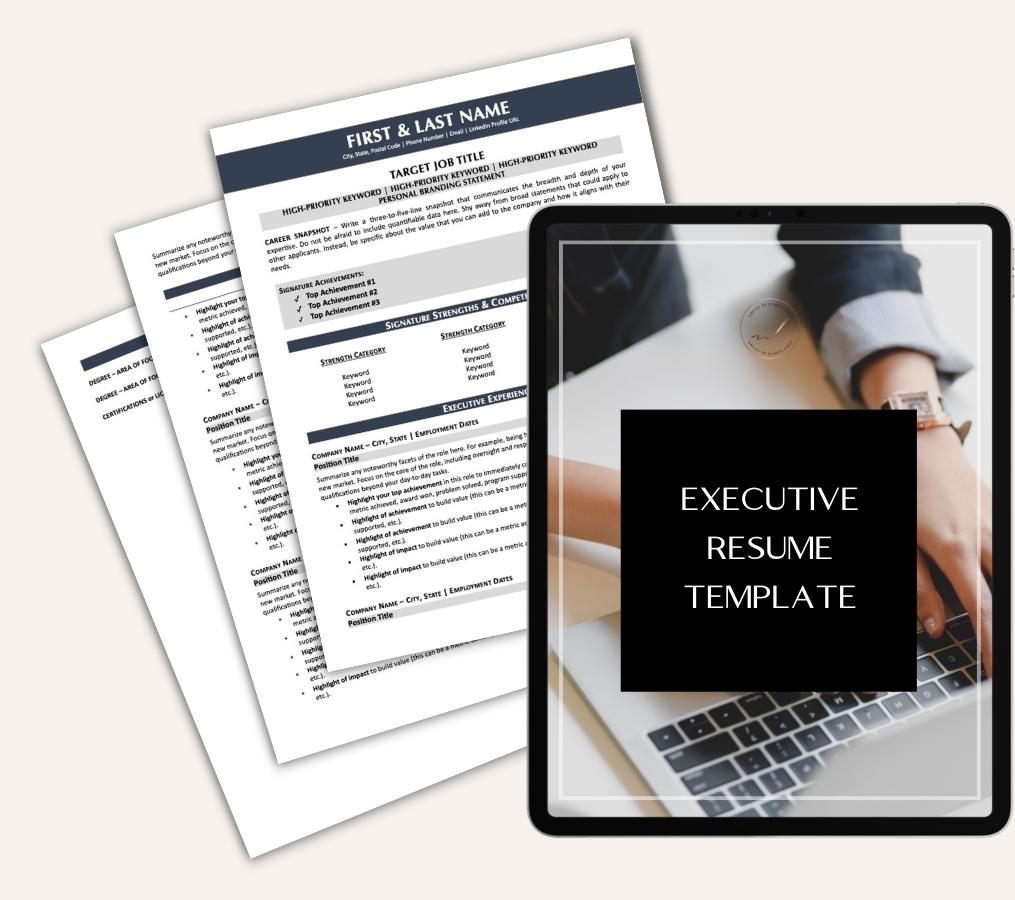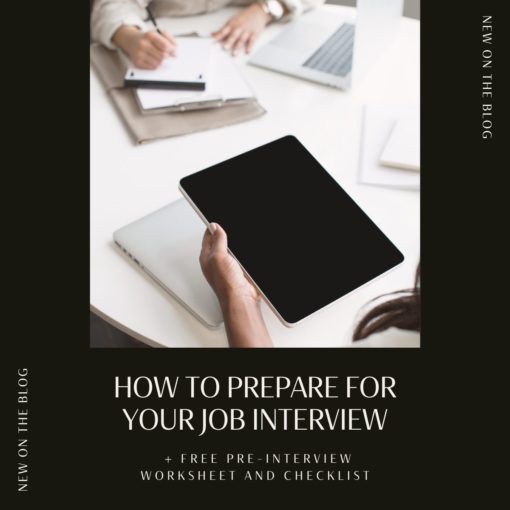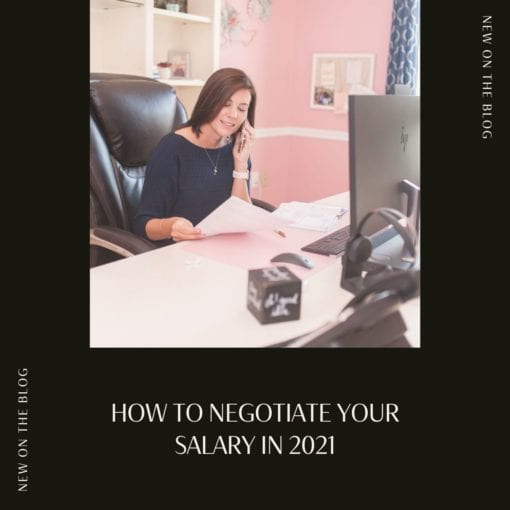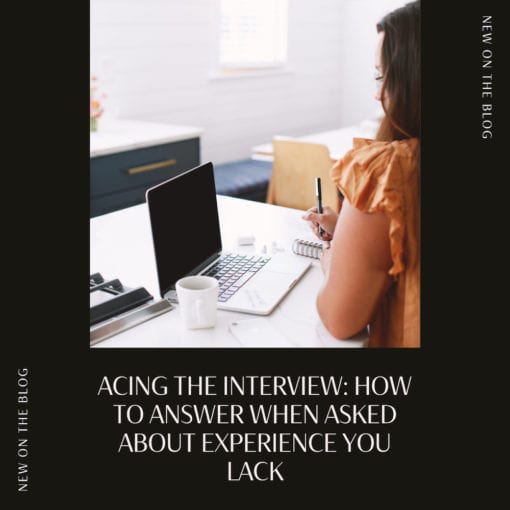The Ultimate Guide to Informational Interviews Everything you need to know to get, prepare for, and complete successful informational interviews
What if you could get “inside information” about a company you’re interested in working for, or about a specific job you’re applying for?
If you’re thinking about changing careers, talking to someone who does the job you’re interested in can give you insight into what you will—and will not—like about your desired job.
For someone who hasn’t interviewed for a job in a long time, an informational interview can also provide valuable practice before applying for jobs and going on interviews.
Informational interviews (also called information sessions, informational meetings, or research interviews) are those that are conducted to gather information to help prepare for a job interview and/or learn more about a specific job, industry, or company.
However, an informational interview is not a job interview, and should not be confused with one. With an informational interview, you’re not seeking a job—you are seeking information to help yourself get a job.
Anyone can conduct an informational interview, although they are most commonly used by new graduates and those considering a career change.
Informational interviews are not used as often as they should be by jobseekers, but they can be a valuable tool in your job search—one that can help you make an informed decision about starting a career in a new industry or even working at a specific company or organization.
Choosing a Person to Interview
When you’re seeking information about a job, company, or industry, there are a variety of sources that can provide you with these details. These can include:
• Someone who is doing the job you want, but at a different company from the one you are thinking of applying to.
• Someone who works in the industry you want to work in—but not necessarily doing the job you want to do.
• Someone who works at the company where you want to work (so you can get an idea of the company culture, benefits, and vacation policies—and to possibly get a referral to the person with the authority to hire you for your dream job).
• A professor who teaches classes in your dream industry (so you can learn about what you need to do to prepare yourself to work in the industry).
How can you find specific people to interview?
• Ask the people you know if they know someone who works in the job (or industry) you want to work in.
• Contact your target industry’s trade associations and ask if there is a member (or members) who would be willing to talk to someone who is new to the field.
• Contact your university’s alumni association and/or your former professors or the head of the department.
• Use LinkedIn—conduct a search by job title or company and then either request a connection directly, or see if there’s anyone you know in common who could make the introduction. Also consider contacting people in a LinkedIn Group in which you’re a member to see if they would meet with you.
• Reach out to a recruiter in the industry. A recruiter who specializes in the industry will have great insights on industry potential, salary and benefit expectations, and who is hiring.
Make a list of people (and/or companies and job titles) you would like to conduct an informational interview with and start contacting them. Email is generally best for this.
Here is a sample email template:
Dear [Name]:
I was given your name by our mutual acquaintance, [Name], hoping that you might answer a few questions I have about working [in the _ industry, or at company]. I would love to [speak with you by phone/meet with you for coffee] for [time period] at a [time/place] that is convenient for you. I am [just graduating from /looking to make a career change to _ industry], and your insights would be most helpful.
If you would be willing to [meet with me/talk with me by phone], please let me know a couple of times that will work for you for me to choose from. If you don’t have the time to [meet with me/talk with me] at this time, I understand.
Thank you.
[Your name]
Make sure you keep your email brief and to the point. Don’t include your whole life history. Remember, you are asking that person to do a favor for you. Don’t waste their time. If you haven’t heard back after a week, it’s okay to send a follow-up email. If you don’t receive a response after the second email, move on to the next person on your list.
Why would someone agree to meet with you for an informational interview? Here are a few of the possible reasons:
• To do a favor for someone. Being introduced by a mutual acquaintance is a great way to secure an informational interview.
• To help others. Many people who have reached a significant career position enjoy “giving back.” Also, those who don’t want to mentor others may still take a one-hour meeting to share their expertise.
• To receive recognition for their accomplishments. People love to talk about themselves—especially about any successes in their professional life.
• To build their own network. Someone new to the field—or just out of school—provides a fresh perspective, which may help the interviewer do his or her job better.
Preparing for an Informational Interview
Before you request and schedule an informational interview, familiarize yourself with the person you’ll be interviewing,
When you have the opportunity to ask questions of someone who has the job you want, make sure you are making the most of the time you have. You may have only a half-hour with the person, which might only be enough time to ask a handful of questions. (Make sure you know how much time the person is devoting to your meeting, so you can be respectful of that time!)
You should prepare for an informational interview like you would prepare for a job interview—except you’ll be asking most of the questions, instead of answering them.
Prepare a list of questions to ask at the interview. The number of questions you will ultimately be able to ask depends on the amount of time you will have, so once you’ve compiled your questions, rank them in the order in which you’d like to have them answered.
What kind of questions can you — or should you — ask in an informational interview? Here are some possible questions to ask …
About the Job Specifically:
• What skills are most important to perform the job?
• What is a typical day like in this job?
• How much does this type of job pay? (A range? At this company specifically?)
• What is the most important function someone in this job performs?
• What do you wish you would have known before you took this job?
• What is the worst part of this job? (And how often does it happen?)
About the Company:
• How would you describe this company’s culture?
• How does this company advertise job openings, or find job candidates?
• What does the company look for in candidates applying for this type of job?
• What kind of turnover exists for these jobs at this company? Why do people generally leave the company?
• What are the company’s policies about vacation time, employee benefits, paying for continuing education, etc?
About Preparing to Work in This Industry:
• How do people generally get started in this field?
• What kind of training or educational preparation is needed for this job or career? Which courses best prepared you for success in this job?
• Are there any degrees or certifications that are required for this job?
• Will my education prepare me for a job in this field—and if not, what kind of additional experience should I be seeking?
• Are there any professional or trade organizations I should join?
• What kind of work history or experience would best prepare someone to do this job?
• What is the best way to break into this industry?
• What advice would you give to someone considering a job as a _?
• Are there any specific places to look for job postings for jobs like this?
• What has been the most surprising or interesting thing you’ve learned during your career?
• What are some related jobs/job titles?
• How can I best prepare myself to be successful in this job/in this industry/with this company?
About the Future/Opportunities for Advancement:
• What are the prospects for employment in this field? What kind of job opportunities exist with this company, or in this industry?
• What are the opportunities for advancement in this field? Is this industry growing or shrinking?
• What is the typical career path in the industry?
• How do you see the industry changing in the next 5-10 years?
About Next Steps:
• If you were in my shoes, with an interest in _, what steps would you be taking?
• Can you suggest someone else I should talk to? Can I use your name as an introduction to that person?
• Is it okay with you if I reach out to you again if I have additional questions?
• Can you suggest any other companies that I should look into?
• Is there anything I can do to help you, since you were so kind as to meet with me?
What Not to Do at an Informational Interview
Don’t waste your interviewer’s time. Again, be sure that you’ve done your homework ahead of time so that you are not asking simple questions. This is your chance to get “inside information”—so take advantage of the opportunity!
Don’t forget that an interview is still a two-way dialogue. One common mistake during an informational interview is to treat it as an interrogation, rather than a discussion. Even though you may have a limited amount of time to ask your questions, don’t cut the person off when you have the information you wanted from their answer. Recognize that you may not be able to ask all of the questions you wanted to, but there may be opportunities to ask additional questions in the future if you handle the informational interview well.
Ask whether you can take notes during the interview, but don’t be so focused on your note-taking that you’re not engaged in the conversation. In most cases, the big picture is more important than the small details. But do jot down notes so that you can fill in the details later.
The number-one rule for informational interviews is that you do not ask for a job (or turn the informational interview into a sales pitch). An informational interview may lead to a job interview, but the quickest way to have your informational interview end abruptly is to direct your questions into how that person should hire you for the job you want.
After the Informational Interview
Take a few minutes after the interview to write down your thoughts and impressions, recording as much of the information as you can remember, including the small details. Also, think of questions you still want answered—or new questions you may now have as a result of the interview, even if you don’t know yet who can answer those questions.
Within 24 hours of your informational interview, write a thank-you note to the person you interviewed. Equally important, keep him or her informed of your progress. Report back if you’ve followed up on any of his or her suggestions or recommendations. If the person offered to do something for you, provide a gentle reminder in the thank-you note. (“Thank you for your offer to introduce me to ___. I look forward to meeting him/her!”) And if you’ve offered to do something for the person, make sure you follow through!
A few other points to remember:
• Prepare for the meeting. Don’t waste the time you’ve been given.
• Make it convenient for the person you’re interviewing. Choose a time and place that works for them. Remember, they are doing you a favor. If you meet in person, buy their meal or drink.
• Be prepared to answer questions too. For example, “Why do you want to work in this field/for this company?”
• Be on time for your informational interview. Arrive 5-10 minutes early. End the interview when you promised to. If you asked for 15 minutes, take only 15 minutes. Respect the person’s time. If the person offers to extend the meeting, you can go on longer, but otherwise, keep to the agreed-upon time.
• Dress appropriately. In most instances, this will be business attire.
• Be sure you know the correct pronunciation and spelling of the person’s name you’re meeting with. If you don’t have all their contact information (which you will need to send the thank-you note), ask for their business card.
• Say thank you. Also, ask the person if there is something you can do for them in appreciation for their time in meeting with you. (“Is there something I can help you with?”)
• Don’t leave them wondering what happened to you. Keep in touch, even if it’s sending an email as your job search progresses. And when you land your dream job, send another thank-you note!
• Pay it forward. If you’ve been helped by someone, remember that and give back when it’s your turn to do someone a favor.
Enlisting the help of others through informational interviews can be one of the best ways to move your job search forward and/or accomplish a career change. Having the right information will help you to be more effective in your job search. Research and relationship building—ultimately leading to one or more informational interviews—can give you a significant advantage over other job applicants, and help you to secure your dream job.
If you’re looking to advance your career, you’ve probably been thinking about your resume as you explore the options out there. As you go on informational interviews, there is a chance that someone might ask for a copy of your resume. It’s important to have an updated, professional, impressive resume ready. Great Resumes Fast offers a free resume strategy session during which you can have your current resume reviewed, have a discussion about your career goals, and then receive custom recommendations about the best next steps for you to take in your job search. Schedule your free resume strategy session now.
Are you tired of your resume being rejected by applicant tracking systems? I know how frustrating it is to submit your resume and receive no response. I hate seeing qualified people never break through the screening process. It shouldn’t be that way. That’s why I created this guide and I encourage you to download the FREE PDF so you can start seeing better resume response rates!
Share this post:

About the author
Jessica Hernandez, President, CEO & Founder of Great Resumes Fast
Hi, I’m Jessica. I started this company back in 2008 after more than a decade directing hiring practices at Fortune 500 companies.
What started as a side hustle (before that was even a word!) helping friends of friends with their resumes has now grown into a company that serves hundreds of happy clients a year. But the personal touch? I’ve kept that.
You might have seen me featured as a resume expert in publications like Forbes, Fast Company, and Fortune. And in 2020, I was honored to be named as a LinkedIn Top Voice of the year!
I’m so glad you’re here, and I can’t wait to help you find your next perfect-fit position!
1 Comments
Leave a Comment
Improve Your Resume: Download Your Free Executive Resume Template Today
Are you struggling to create an executive resume that will impress employers? Download this free executive resume template and receive a series of 10 emails with expert guidance on how to write resume content that resonates with employers so you get more interviews.
It's everything you need to stand out, make an impression, and accelerate your job search.









Very informative piece, learnt a lot from it. And it is so comprehensive for newbies.
Obviously, a unique resume is an essential need for every job seeker. I was really upset and discouraged when I was not getting an interview invitation despite my degrees and my class of honor from the university.
So I found an agent, Miss Lizzy, https://www.fiverr.com/lizzywillsideas?public_mode=true, she provided me with amazing resume and greatly optimized my LinkedIn https://www.linkedin.com/in/akinlereaakinyiga/.
Immediate she does that for me, I got several interviews call and became employed in a reputable organization and I also recommends her to my friend who has ended up working in a multinational companies in the united states of America and Europe.